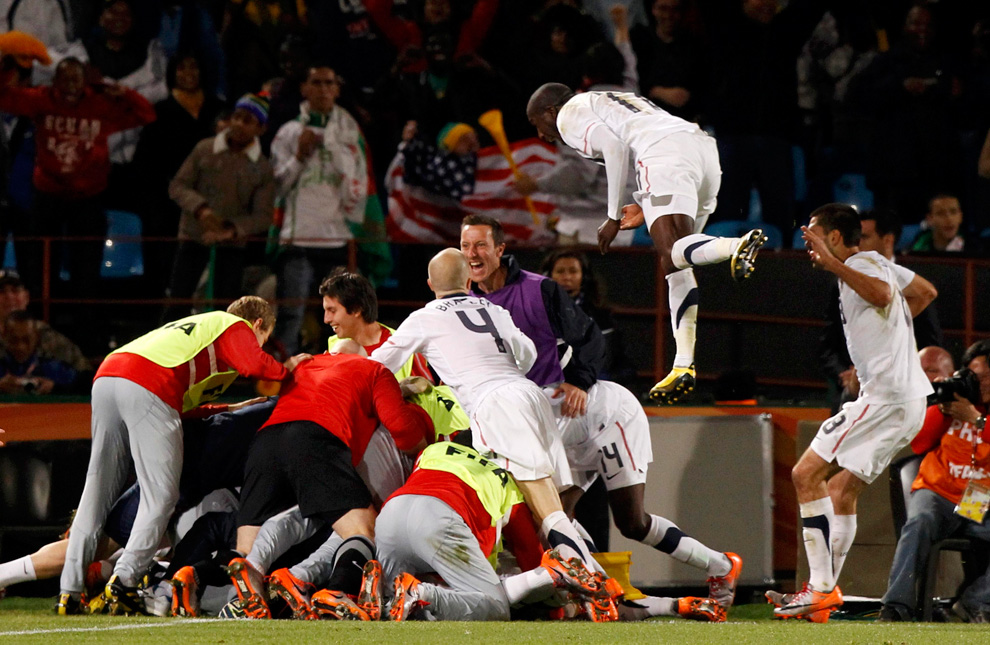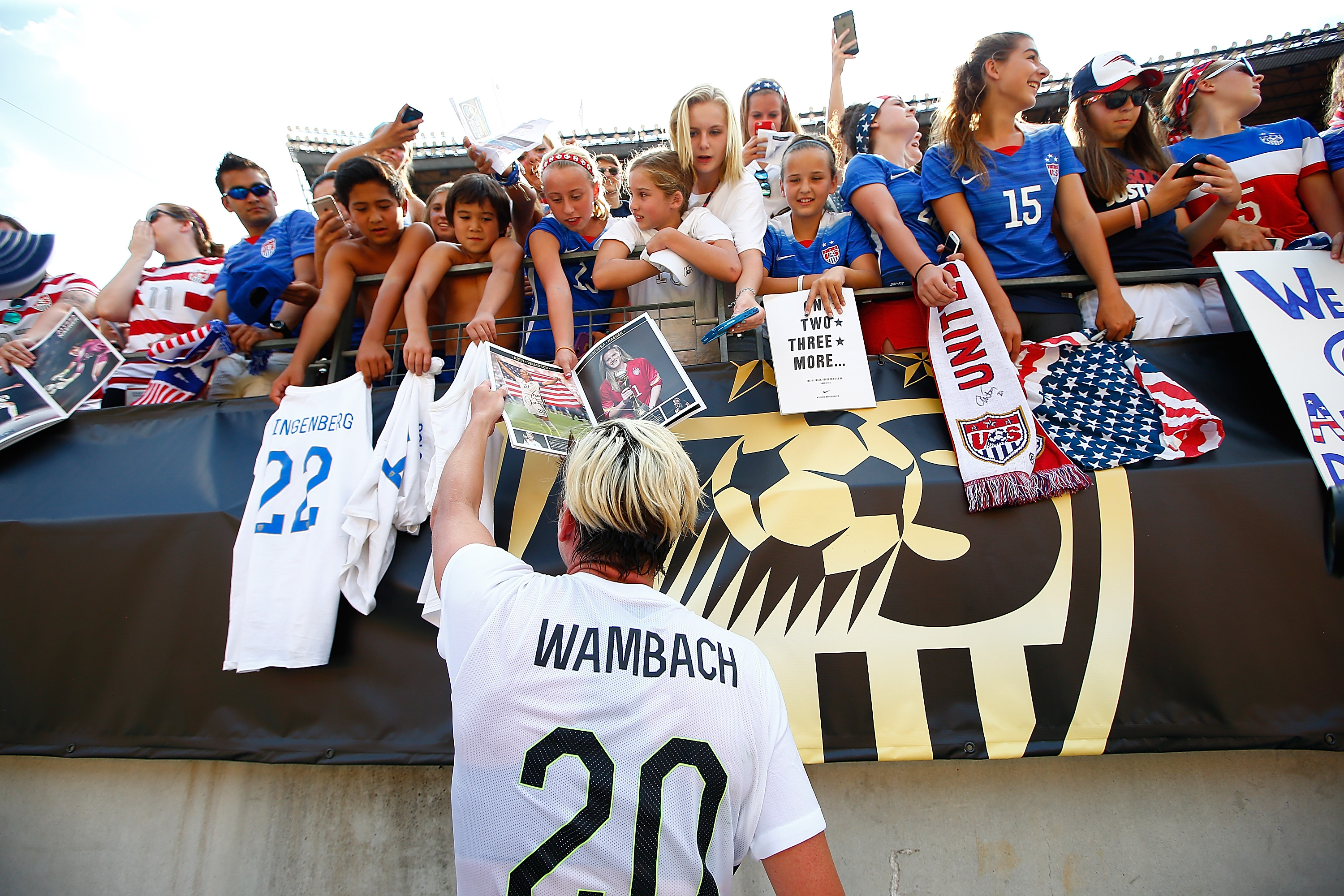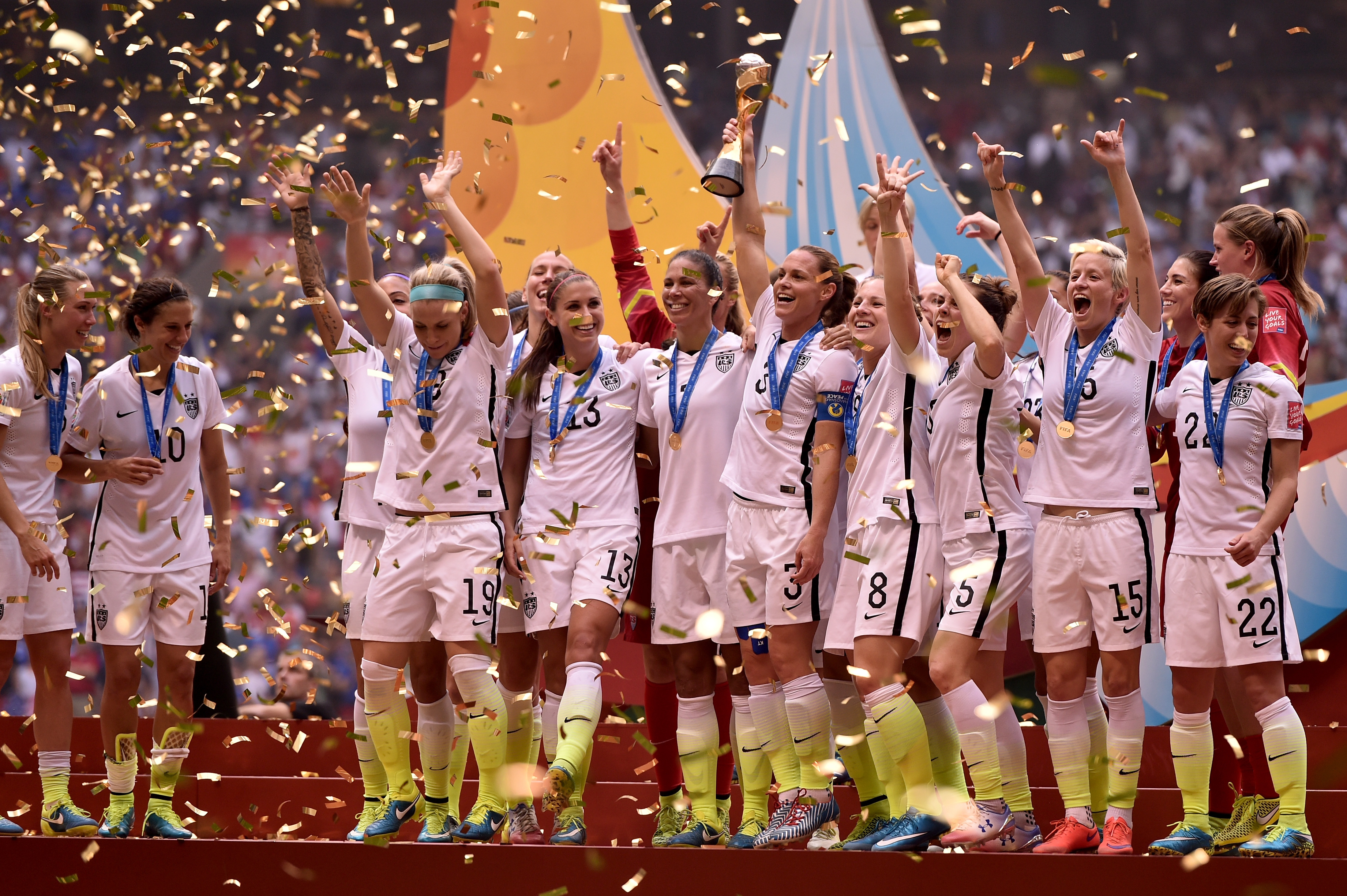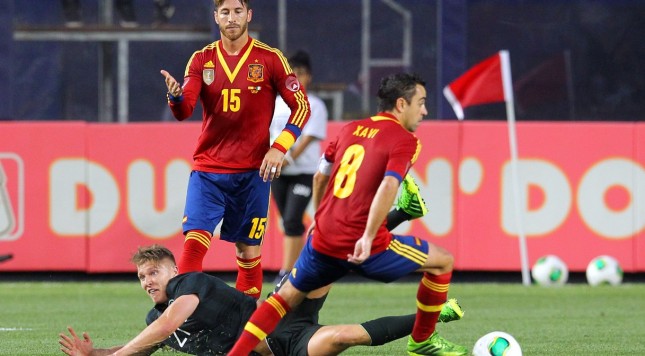The first shall be last, and the last shall be first.
At the 2014 World Cup, those old words rang true once again as the reigning World Cup champions and the irresistible force in world soccer, Spain, were the first team eliminated from the tournament. Amazingly, it’s the third time in the last four World Cups that the defending champion has been knocked out in the group stage joining France in 2002 and Italy in 2010.
While those teams were champions in their own right, they aren’t a part of soccer’s pantheon the way this Spanish side was. That’s what made their disastrous 2014 World Cup such a shock. Not only were the champions dethroned, they were tarred and feathered on the sport’s biggest stage. For as humiliating as the 5-1 defeat to the Netherlands was, the 2-0 loss to Chile was equally as demoralizing. Wednesday’s game against Chile was the fait accompli, an already defeated side going through the motions for 90 minutes to confirm their fate. At no point during the Chile game did you ever think Spain would put up a real fight to hold onto their crown.
All of the dominance of the last six years escaped Spain in 2014. Between the pipes, Saint Iker Casillas made a high profile error in each game. His two handed punch that led to the second Chilean goal lacked the kind of skill and smarts that had made him the cornerstone of the Spanish defense.
https://twitter.com/thinkingkeeper/status/479349734021545984
The midfield that had contained such brilliance with the likes of Xavi and Iniesta and Xabi Alonso ran out of ideas. The attack starring Athletico Madrid striker Diego Costa was toothless. Whether he was still battling for full fitness, or struggling to fit into his new international side, or failing under the weight of playing in his native country, he just didn’t have it for this tournament. For so long the criticism of Spain is that there has been no “Plan B” when things aren’t going right and that was proven right in 2014 with nobody on Spain’s roster able to provide something different in attack.
The fact that Spain didn’t repeat wasn’t that much of a surprise as the signs were there – whether it be the Confederations Cup loss to Brazil or the age of their squad or the fact that teams around the world are figuring out how to play against tiki-taka. It’s the way that they crashed out with two losses in two games and a -6 goal differential that is so appalling.
But while the focus has been on 2014 and the end of this era, it’s easy to lose track of just how important and impressive this Spanish team has been.
Spain accomplished milestones that had never been achieved before in the history of world soccer. Their Euro 2008 – World Cup 2010 – Euro 2012 has never been duplicated before, and it will take a long, long time for another team to even come close to it again. Spain went 35 games undefeated, joining Brazil for the all-time record. Their national team didn’t lose a game from November 15, 2006 till June 25th, 2009 when the USA beat them in the Confederations Cup. Two and a half years without a loss! And then they won the World Cup and another continental tournament to top themselves.
It’s not just the way that Spain rewrote the record books that will be their lasting legacy though, it’s the way they revolutionized the game. Tiki-taka, the short passing and possession based style that Spain predominantly employed has been very polarizing, especially in recent years. Some might call it the greatest fulfillment of the beautiful game and total football. Others believe it to be excruciating to watch as Spain passed teams and fans to death. Whatever side of the fence you’re on with regards to the aesthetics of it, there’s no question that it revolutionized the sport.
There’s something about the great all-time teams that have a revolutionary quality about them, no matter the sport. It’s not just that Spain was a great side, it’s that they took an evolutionary step forward. They were so good that they changed the way the game could be played. Suddenly possessing the ball wasn’t just about scoring and drawing oles from the crowd, it was also a great defensive tactic. Spain figured out to clinical effectiveness that the other team can’t score if they don’t have the ball. They passed around, through, over, and between any defense that attempted to stand in their way.
Spain truly was a great team, but the individual parts were sparkling as well. Tiki-taka wouldn’t have worked without the likes of Xavi, Iniesta, Alonso, Fabregas, and Silva pulling the strings. It wouldn’t have worked without the likes of Ramos, Puyol, Pique, Capdevilla, and Casillas answering the call to defend. It wouldn’t have worked without Villa and Torres scoring goals in the prime of their careers.
Of all the great national teams that deserve to be mentioned in the same breath as the greatest of all-time, the Spain of the early 2000s gets a permanent seat at the table. Even though it was an ignominious end to their golden era, it doesn’t away from the transformational side that they were. We’ll remember the championships of 2008, 2010, and 2012 long after we forget about the events of 2014.






